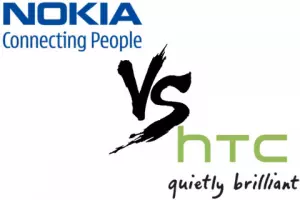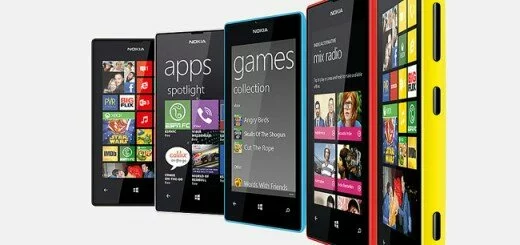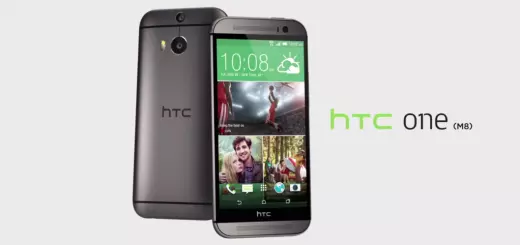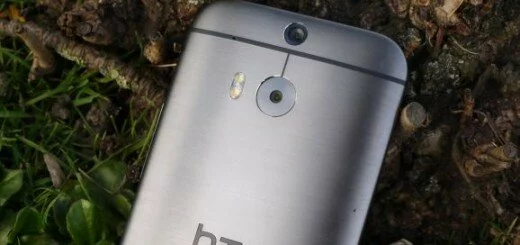HTC ended all pending patent litigation with Nokia and said companies will also explore future technology collaboration opportunities

Taiwan’s smartphone maker HTC same it’s signed a patent and technology collaboration agreement with Finnish phone large Nokia to finish all unfinished patent proceeding between them.
Under the deal, HTC can create payments to Nokia and also the collaboration can involve HTC’s LTE patent portfolio to additional strengthen Nokia’s licensing providing, an organization statement same.
The companies also will explore future technology collaboration opportunities, HTC said, adding that the complete terms of the agreement area unit confidential.
“Nokia has one amongst the foremost leading patent portfolios within the trade,” same Grace Lei, general counsel of HTC. “As associate degree trade pioneer in smartphones with a powerful patent portfolio, HTC is happy to come back to the current agreement, which can alter United States to remain centered on innovation for shoppers.”
Nokia same it had been “very pleased” to own reached the settlement and collaboration agreement with the Taiwanese company.
“This agreement validates Nokia’s implementation patents and permits United States to concentrate on additional licensing opportunities,” same Paul Melin, chief property officer at Nokia.
Nokia started its patent proceeding against HTC in 2012 and filed over fifty lawsuits worldwide. HTC was found to be in violation of 4 Nokia patents.
Technology giants have taken to habitually pounding each other with patent lawsuits. Apple has suspect HTC and different smartphone manufacturers victimisation Google’s golem mobile package of infringing on Apple-held patents.
HTC and Apple were secured in additional than twenty cases worldwide till they reached a world settlement in late 2012 to finish all outstanding proceeding between them.
HTC sells its own smartphones and conjointly makes handsets for variety of leading United States corporations, together with Google’s Nexus One.
In the 2013 third quarter, HTC swung to its initial web loss of $101 million since listing in 2002, because it struggled to extend its foothold within the extremely competitive smartphone market. It reported a profits of $10.3 million within the fourth quarter.

















